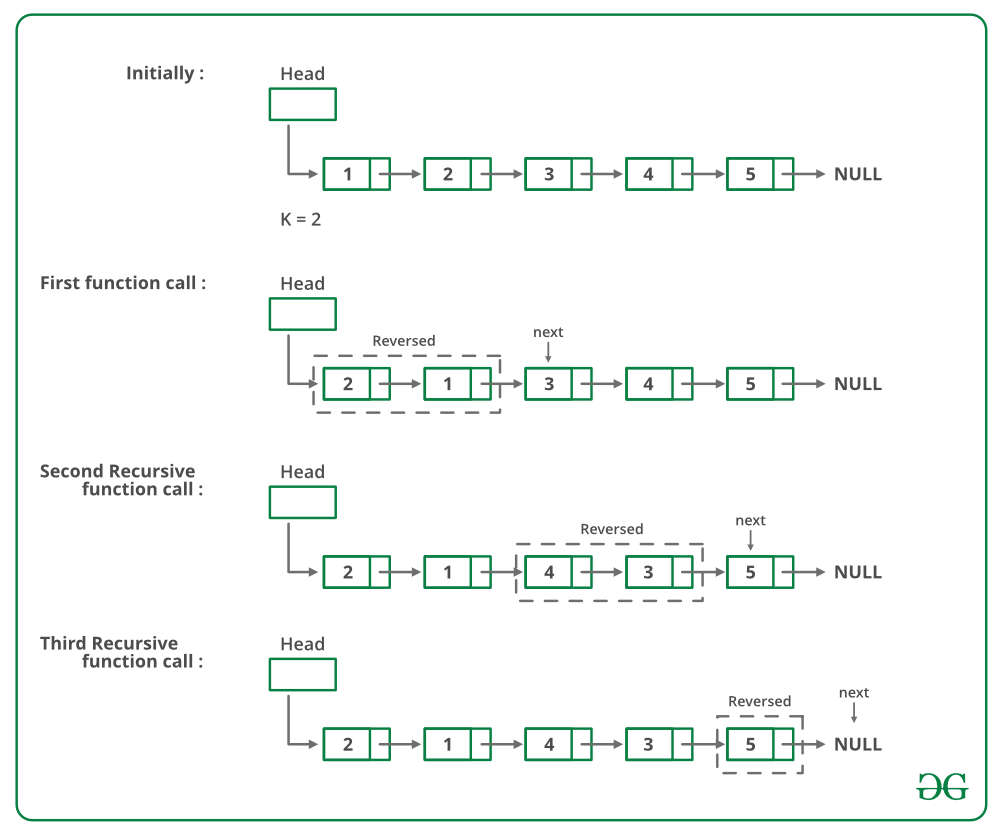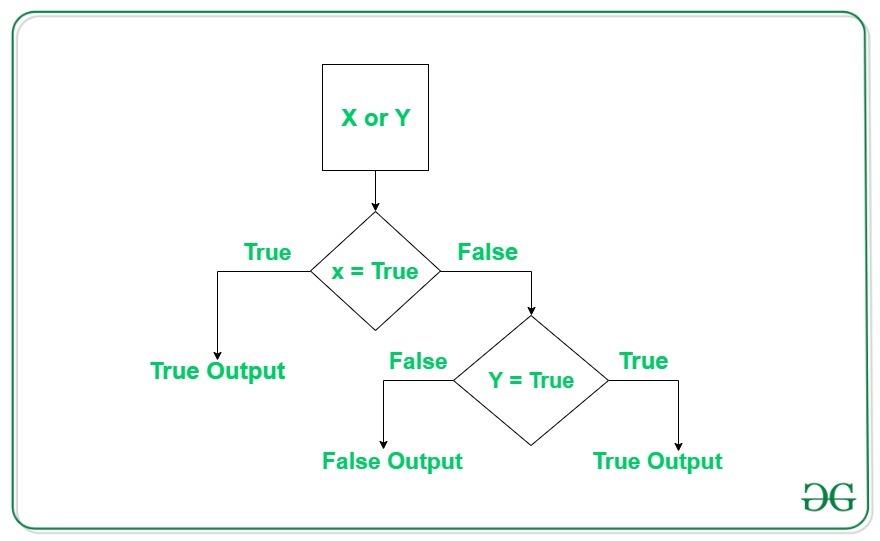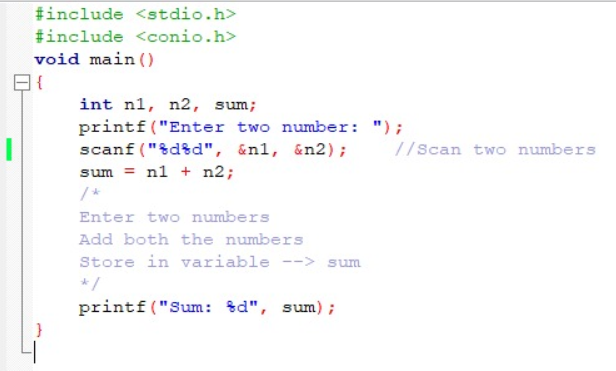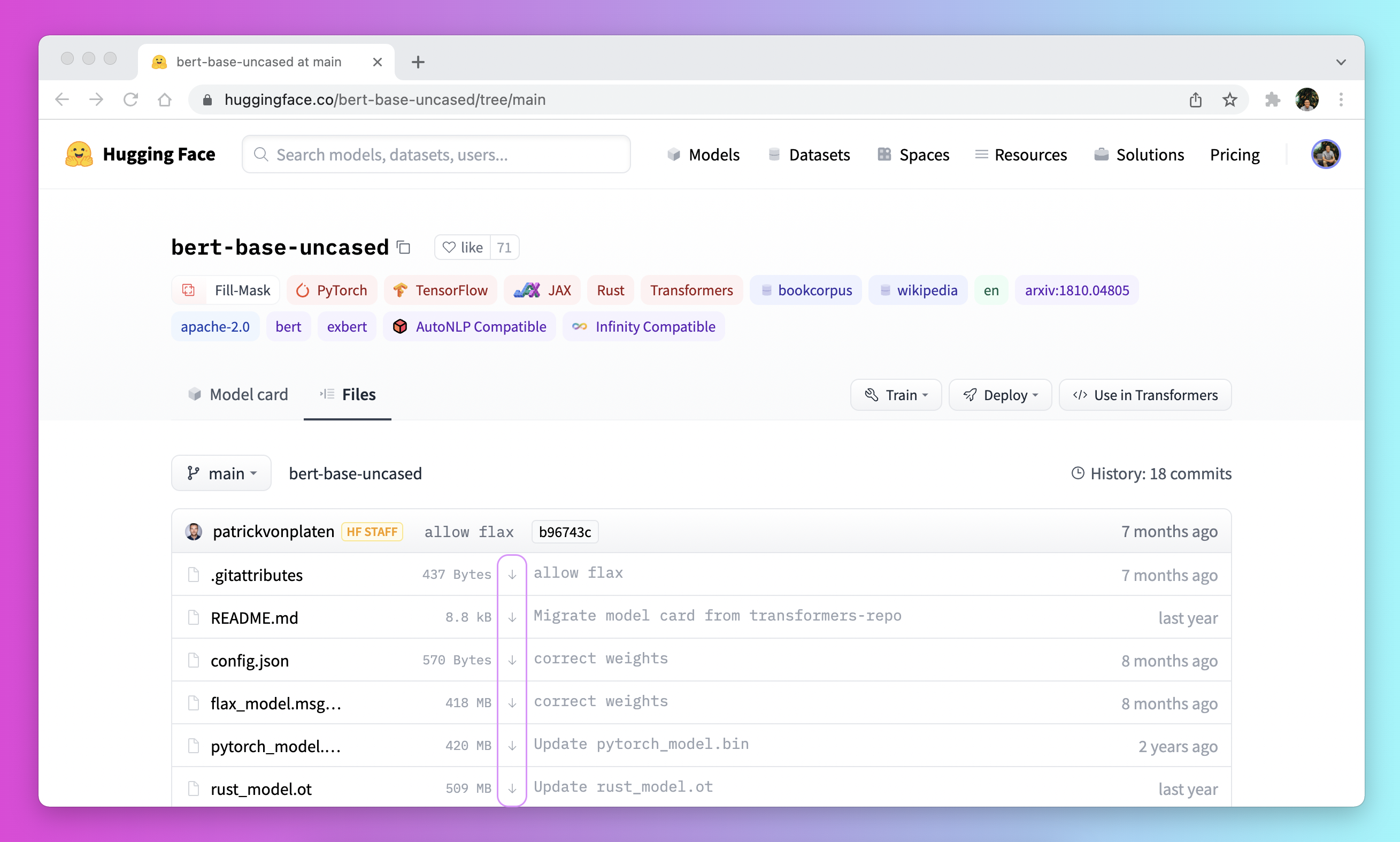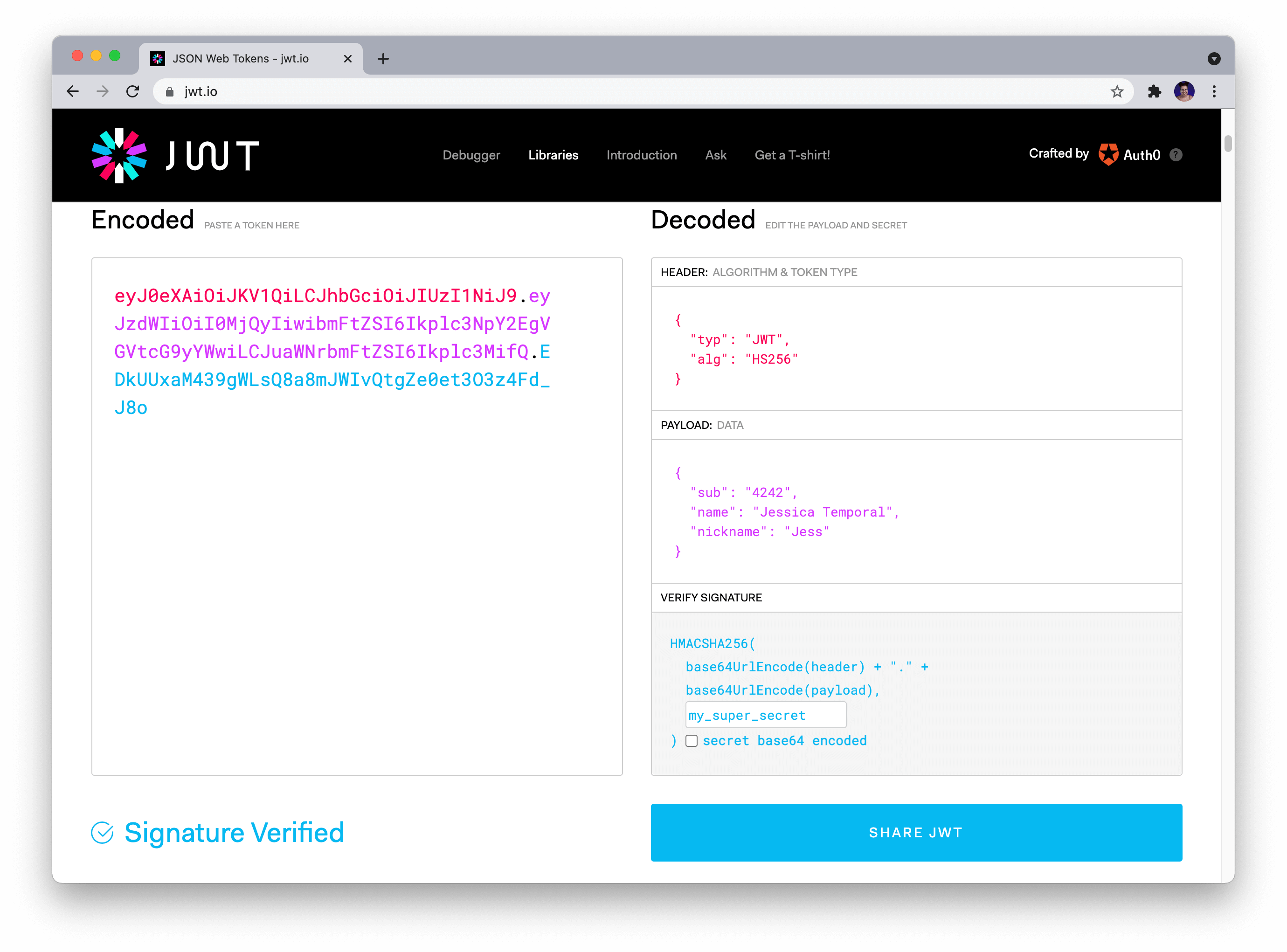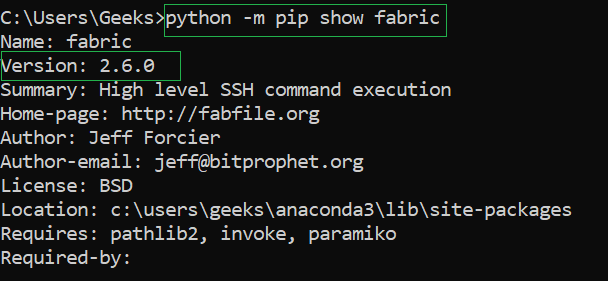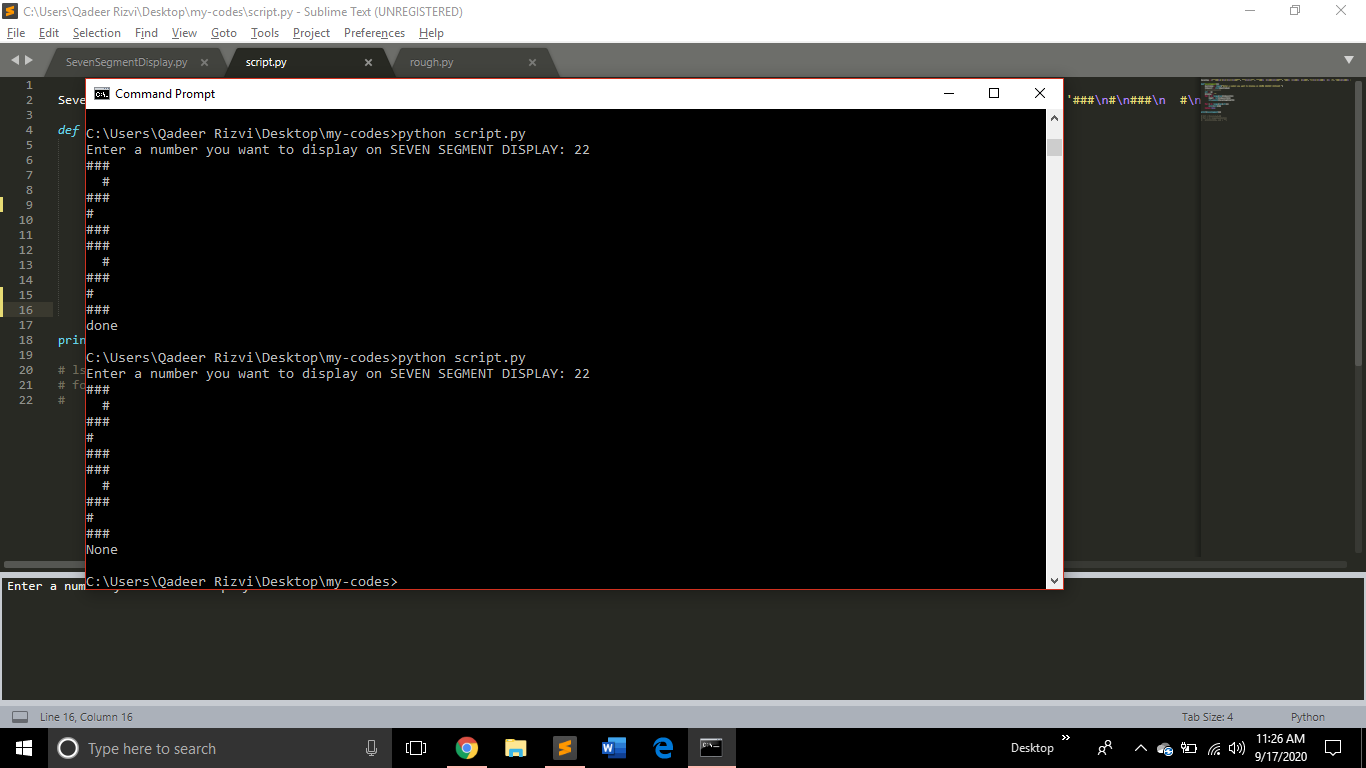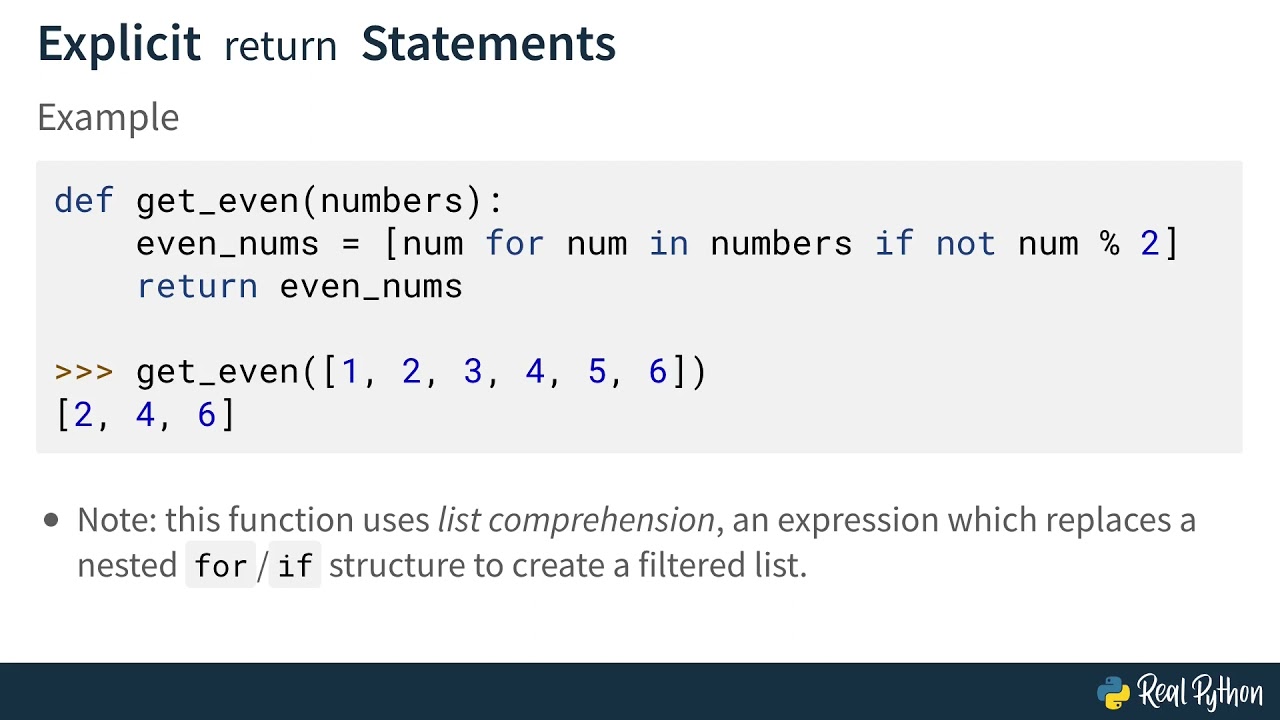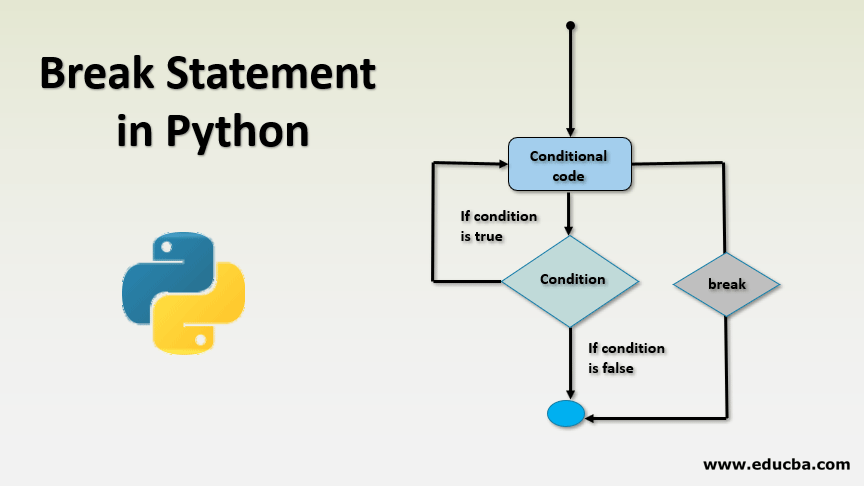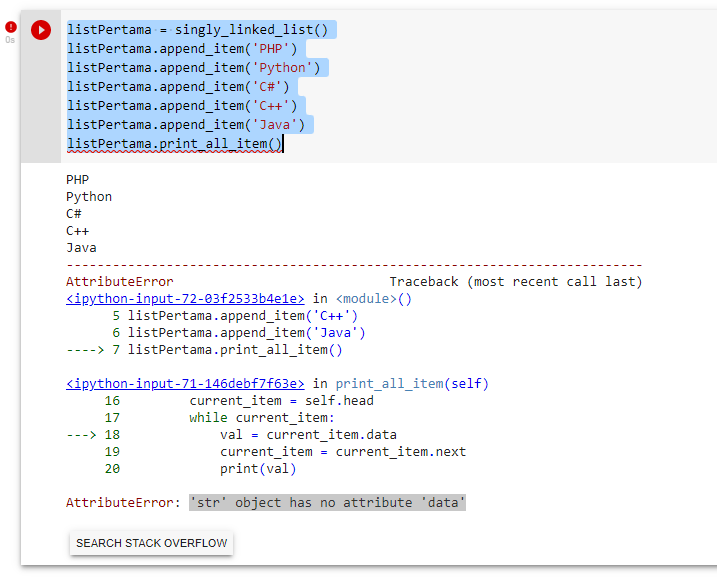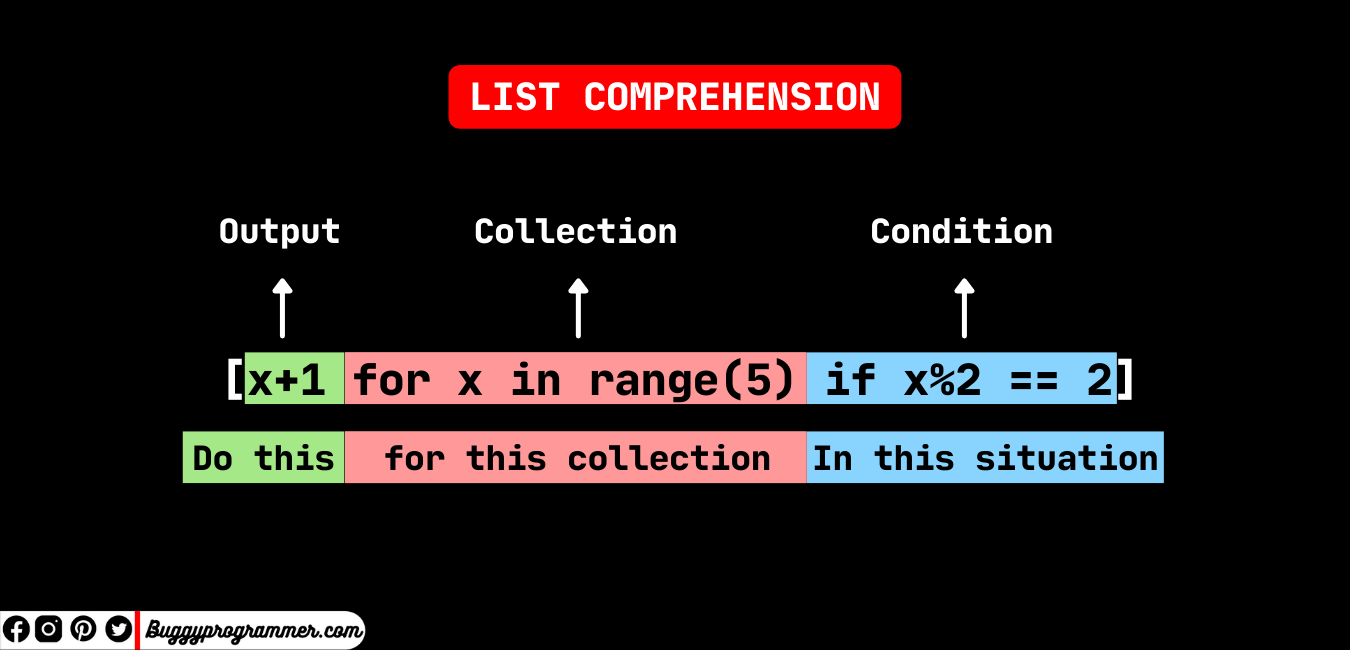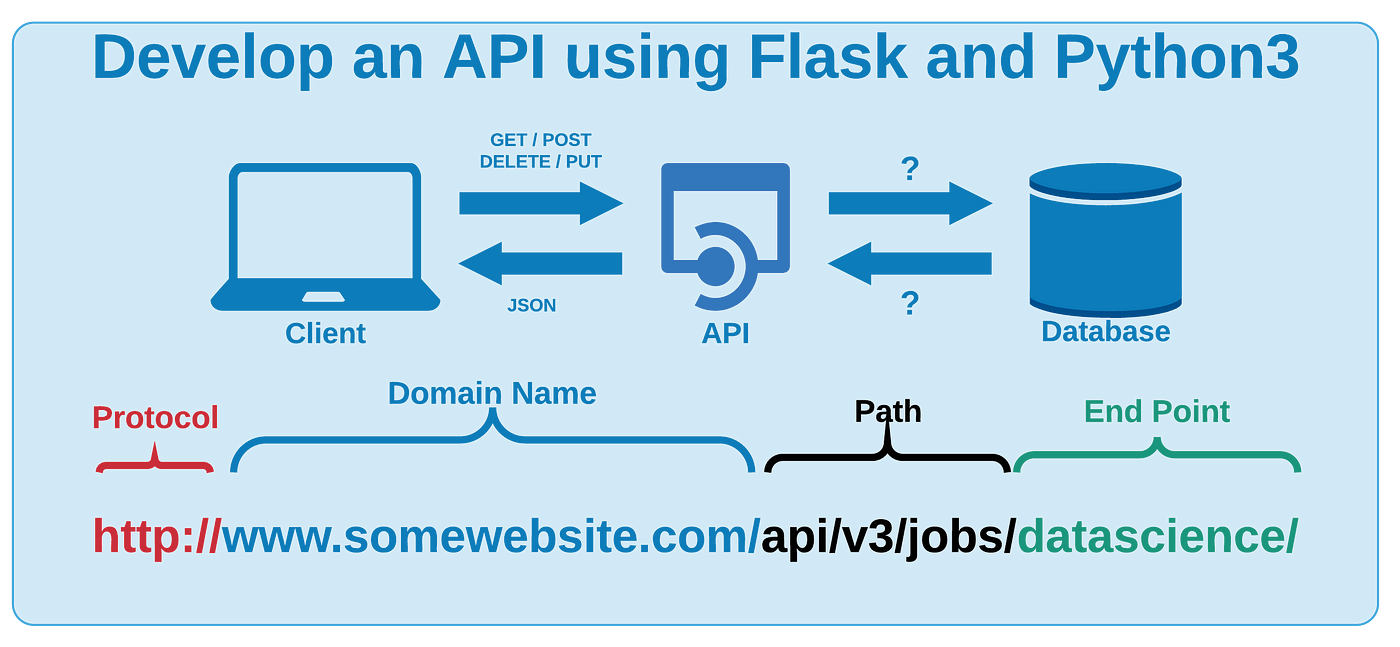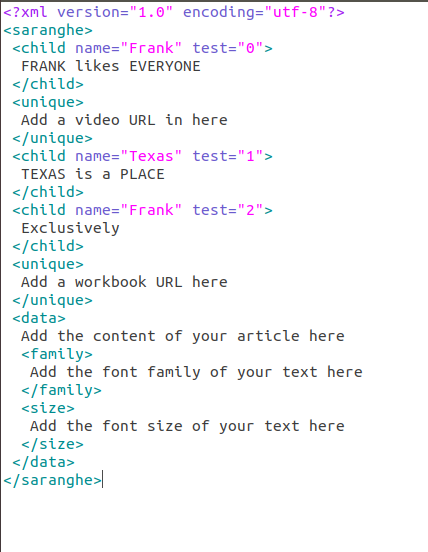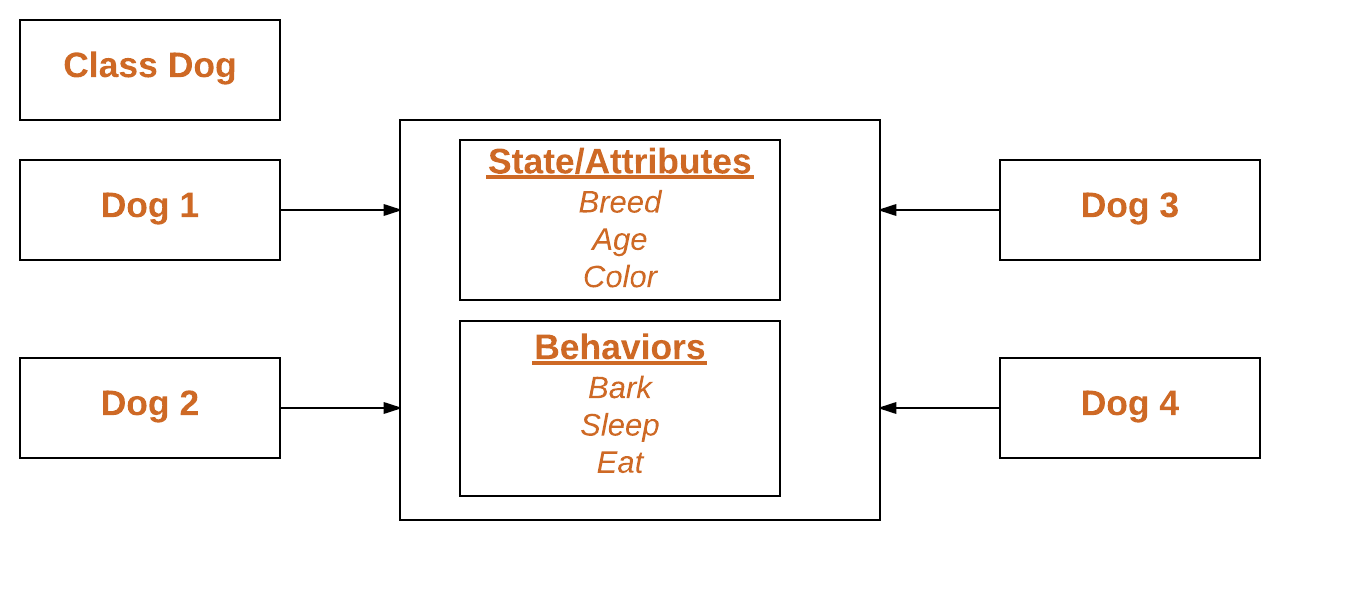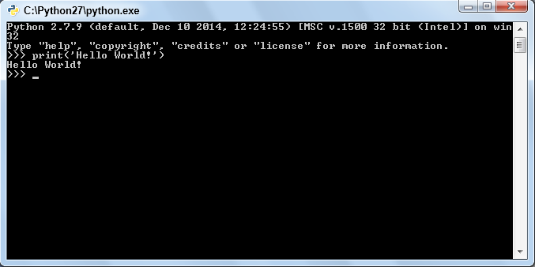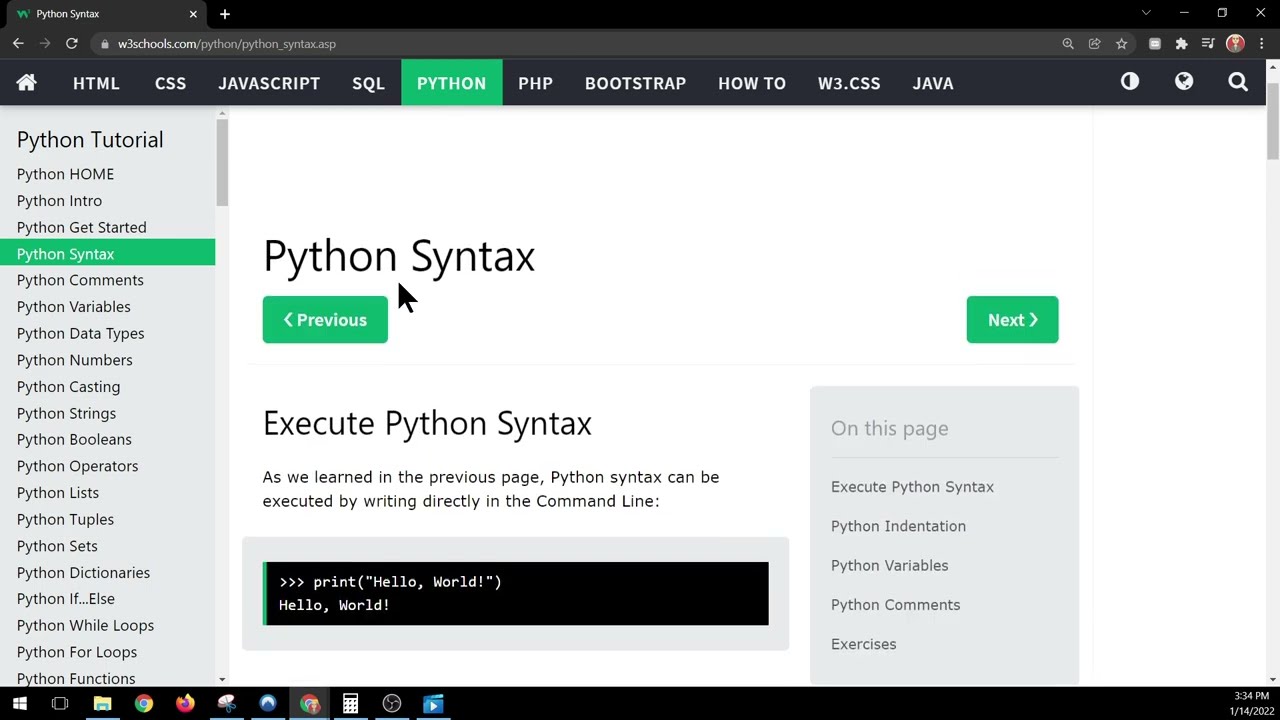What is the difference between locals and globals in Python?
What is the difference between locals and globals in Python?

A fundamental question!
In Python, locals() and globals() are two built-in functions that allow you to access variables from different scopes.
Locals
The locals() function returns a dictionary that contains all the local variables of the current scope. This means it includes any variable that is defined inside the function or block where you call locals(). Think of it as your personal desk drawer, where you keep all your local treasures (variables).
Here's an example:

def my_function(x):a = 5
b = 10
return locals()
result = my_function(42)
print(result) # {'x': 42, 'a': 5, 'b': 10}
In this example, the my_function function has three local variables: x, a, and b. When we call locals() inside the function, it returns a dictionary containing all these local variables. The resulting dictionary includes not only the local variables but also the argument x that was passed to the function.
Globals
The globals() function, on the other hand, returns a dictionary that contains all the global variables in your Python program. This means it includes any variable that is defined at the top level of your script or module. Think of it as the company's main database, where you keep all your globally shared information (variables).
Here's an example:
a = 5def my_function():
b = 10
return globals()
print(globals()) # {'name: 'main', 'package: None, ...}
In this example, we define a global variable a outside any function. When we call globals() inside an empty function (my_function()), it returns a dictionary containing not only the global variables but also information about the current module, such as its name and package.
Key differences
The main difference between locals and globals is where they get their variables from:
Locals: They return variables defined within the current scope (function or block). Globals: They return variables defined at the top level of your Python program (module or script).When you need to access variables from a different scope, locals() and globals() come in handy. For instance:
def my_function():a = 5
b = 10
c = locals()
return c
result = my_function()
print(result) # {'a': 5, 'b': 10}
In this example, we call locals() inside the function to access its local variables. The resulting dictionary only contains the local variables defined within that scope.
Best practices
When working with Python, it's essential to understand the difference between locals and globals to avoid conflicts or unintended behavior:
Uselocals() when you need to access variables from a specific scope (function or block). Use globals() when you need to access variables defined at the top level of your program (module or script). Avoid using both locals() and globals() unnecessarily, as this can lead to confusion and bugs.
By now, I hope you have a solid grasp on the difference between locals and globals in Python. If you're still unsure, don't hesitate to ask!
What is the difference between global and local variables in Python?

I'm happy to respond in English for you!
In Python, a global variable is a variable that is defined outside of any function or method. It is accessible from anywhere within the program, including inside functions and methods. Global variables are typically used to store data that needs to be accessed from multiple parts of the program.

On the other hand, a local variable is a variable that is defined inside a function or method. It is only accessible within that specific scope (i.e., the function or method where it was declared) and cannot be accessed outside of it. Local variables are typically used to store temporary data that is needed only for a short time within a particular part of the program.
Here's an example to illustrate the difference:
# Global variable
x = 10
def my_function():
Local variable
y = 20
print(y) # Prints: 20
my_function()
print(x) # Prints: 10
In this example, x is a global variable, and y is a local variable. The value of x remains the same regardless of what happens within the function, while the value of y only exists during the execution of the function.
One important aspect to consider when using global variables is that they can be modified by any part of the program, including functions and methods. This means that if multiple parts of the program modify the same global variable, you may get unexpected results. In contrast, local variables are isolated from one another and cannot be accidentally modified by other parts of the program.
Here's an example to demonstrate how modifying a global variable can cause unexpected behavior:
# Global variable
x = 10
def increment_x():
global x # Tell Python that we want to modify the global variable
x += 1
increment_x()
print(x) # Prints: 11
In this example, when increment_x modifies the global variable x, it affects the original value of x. This is because increment_x explicitly tells Python that it wants to modify the global variable using the global keyword.
In summary, global variables are accessible from anywhere within a program and can be modified by any part of the program. Local variables are isolated to a specific scope (i.e., a function or method) and cannot be accidentally modified by other parts of the program. Understanding when to use each type of variable is crucial for writing effective and maintainable code in Python!
